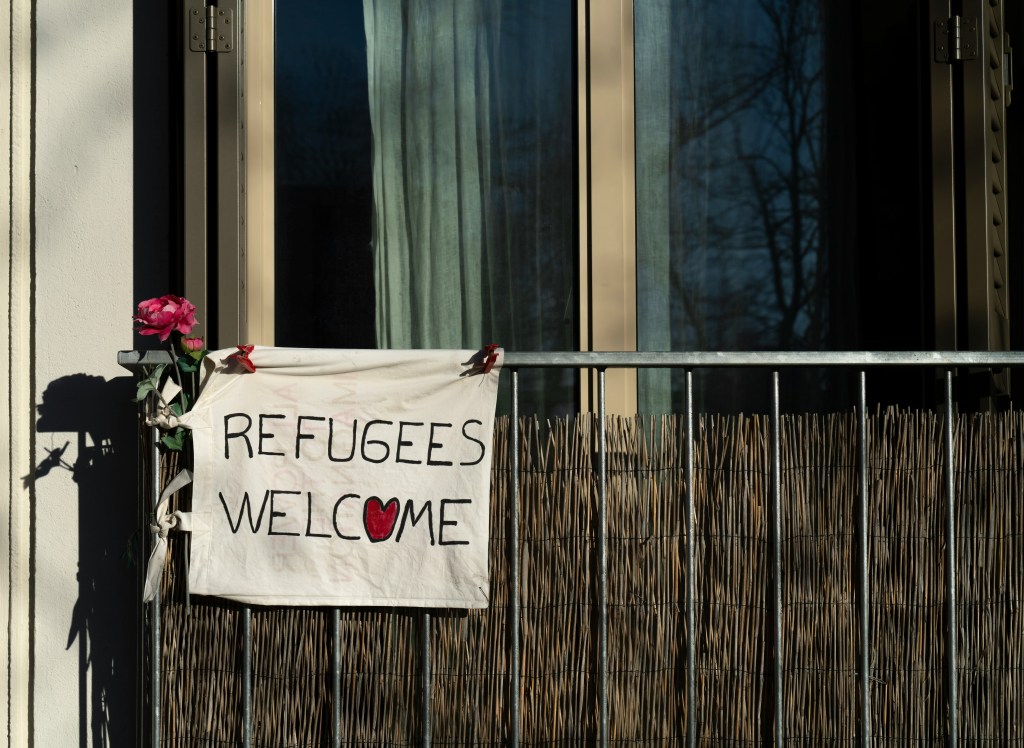
By Professor Carla Ferstman, Director of Impact, Essex Law School
The theme of Refugee Week 2024 (17-23 June 2024) is “Our Home” – This can be a place of refuge, a feeling or a state of mind; ‘Home can be more than one place and finding it can be a journey, as it is for so many of us who have to leave our countries and rebuild our lives. Sometimes we can find home in a single person. Other times it’s in a whole community. And often, it’s in a single gesture of care and welcome.’
An important part of what ‘Our Home’ means to me, is making people feel welcome – My home is your home. Mi casa, su casa. It is also about compassion – what must it feel like to be forced to be away from one’s home? How can we individually and collectively, lessen that sense of alienation?
Solidarity is an essential component of these notions of “welcome” and “compassion.” Expressing solidarity with refugees and other migrants recognises and seeks to foster their humanity and their dignity, and it attempts to bridge the divide between the “us” and the “them”.
As an expression of this solidarity, and on the occasion of Refugee Week 2024, the Council of Europe Conference on International NGOs’ Expert Council on NGO Law, of which I am a member, is launching a new thematic study: Civil society support to refugees and other migrants in Europe: The need to end the backlash on civil society space.
This study, which I authored on behalf of the Expert Council, canvasses how civil society organisations and solidarity networks as well as many ordinary individuals in villages, towns and cities throughout Europe have been doing their best to provide humanitarian assistance and support to the many refugees and other migrants who find themselves in Europe in very difficult circumstances.
It focuses on what happens when this welcome and compassion goes against state policy. As the report documents, civil society have faced impediments including the criminalisation of their activities, subjecting them to harsh regulations and fines, publicly stigmatising them and their work, impeding their access to locations where refugees and other migrants are located, imposing barriers on their ability to register as NGOs or to maintain their registration, as well as obstructing their access to funding. This shrinking civil society space has made the precarious circumstances in which so many refugees and other migrants find themselves in, even more precarious.
The research for this study has been greatly enhanced by the involvement of members of the Essex Human Rights Centre Clinic. In this series of blog posts, which are launched on 21 June to coincide with the launch of the thematic study, these fabulous students have reflected in different ways on those aspects of the research that have moved them:
Güley Bor writes about when externalization meets authoritarianism: defending the rights of migrants and refugees in Turkey.
Itzia Miravete Veraza writes about the cost of preventing African migrants from entering Spain.
Leonie Ngom writes about the criminalisation of solidarity in Calais, France.
Vanessa Topp writes about the criminalisation of solidarity with migrants: protests against deportations in the UK.
In this sense, these blog posts are an expression of their solidarity with the plight of all people on the move in Europe.